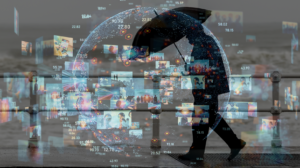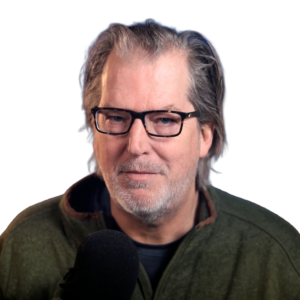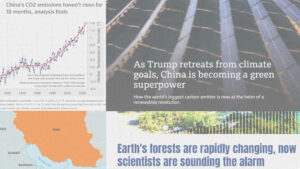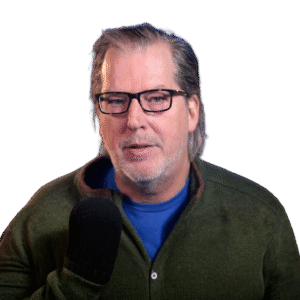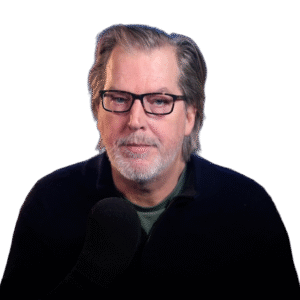
Description
There are many so-called ‘solutions’ out there that, upon first glance, seem like great ideas – yet when we look beyond the narrow scope of the immediate benefits, we discover a slew of unintended (and often counterproductive) consequences.
Today’s Frankly offers a series of examples of modern issues using a “wide-boundary” lens – and in the process demonstrates the importance of asking “…and then what?” when thinking about our responses to future events and constraints.
How would incorporating wider boundary lenses into our lives change our plans and expectations for the future? What are we missing when we go all-in on plans to expand renewables, electric vehicles, and AI? Could a growing number of ecologically literate people guide us towards more pro-social policies, institutions, and infrastructure?
In French, we have a motto that says that a simple drawing is often better than a long explanation. Jean-Marc Jancovici Carbone 4 President
That’s very understandable because with left atmosphere thinking, one of the problems is that you see everything as a series of problems that must have solutions. Iain McGilchrist Neuroscientist and Philosopher
We can’t have hundreds and hundreds of real relationships that are healthy because that requires time and effort and full attention and awareness of being in real relationship and conversation with the other human. Nate Hagens Director of ISEOF
This is the crux of the whole problem. Individual parts of nature are more valuable than the biocomplexity of nature. Thomas Crowther Founder Restor
Show Notes & Links to Learn More
Download transcript00:00 – “Peak Oil, AI, and the Straw” | Frankly #56
00:55 – Garrett Hardin, Tragedy of the Commons, Ecolate
02:18 – Corn Ethanol, Energy Conversion, Effects on Food Supply, 10-20% increase in Nitrogen Run Off
04:05 – Modern Monetary Theory, State of the World’s Debt
04:33 – US Debt, French forecasted debt
05:28 – Debt/money connection to energy
06:14 – The effect of US debt on other countries, The View From Nairobi-Washington
06:33 – The Cantillon Effect
07:38 – Electric Vehicles marginal benefits
08:28 – Everything that comes from a barrel of oil
08:53 – 100 million new cars are produced every year
09:41 – Finite oil supply
10:06 – Olivia Lazard (Ep 58), Simon Michaux (Eps.), Ed Conway (Ep 127)
10:19 – Rematerialization
11:27 – Rebuild turnover of renewables
12:43 – AI will be help rather than hindrance in hitting climate targets, Bill Gates says
13:57 – Backfire and Rebound Effects
15:09 – Daniel Schmachtenberger + TGS Series
15:53 – 80% of our economies energy inputs are fossil-fuel based
16:52 – Non-climate environmental risks
17:14 – Johan Rockström, Planetary Boundaries
18:25 – Degrowth
22:07 – Daniel Schmachtenberger on Naive vs Authentic Progress
Asset Attribution:
“Electric Vehicles” Car Charging:
https://commons.wikimedia.org/wiki/File:Berlin_-_Potsdamer_Platz_-_E-Mobility-Charging.jpg
Changes were made to the image.
Hawaiian Island Chain “Islands of Incoherence”
https://commons.wikimedia.org/wiki/File:ISS-38_Hawaiian_Island_chain.jpg
Public Domain – Taken by NASA
“Renewable Energy” – Nellis AFB Solar Panels
Public Domain – Taken by U.S. Federal Government

